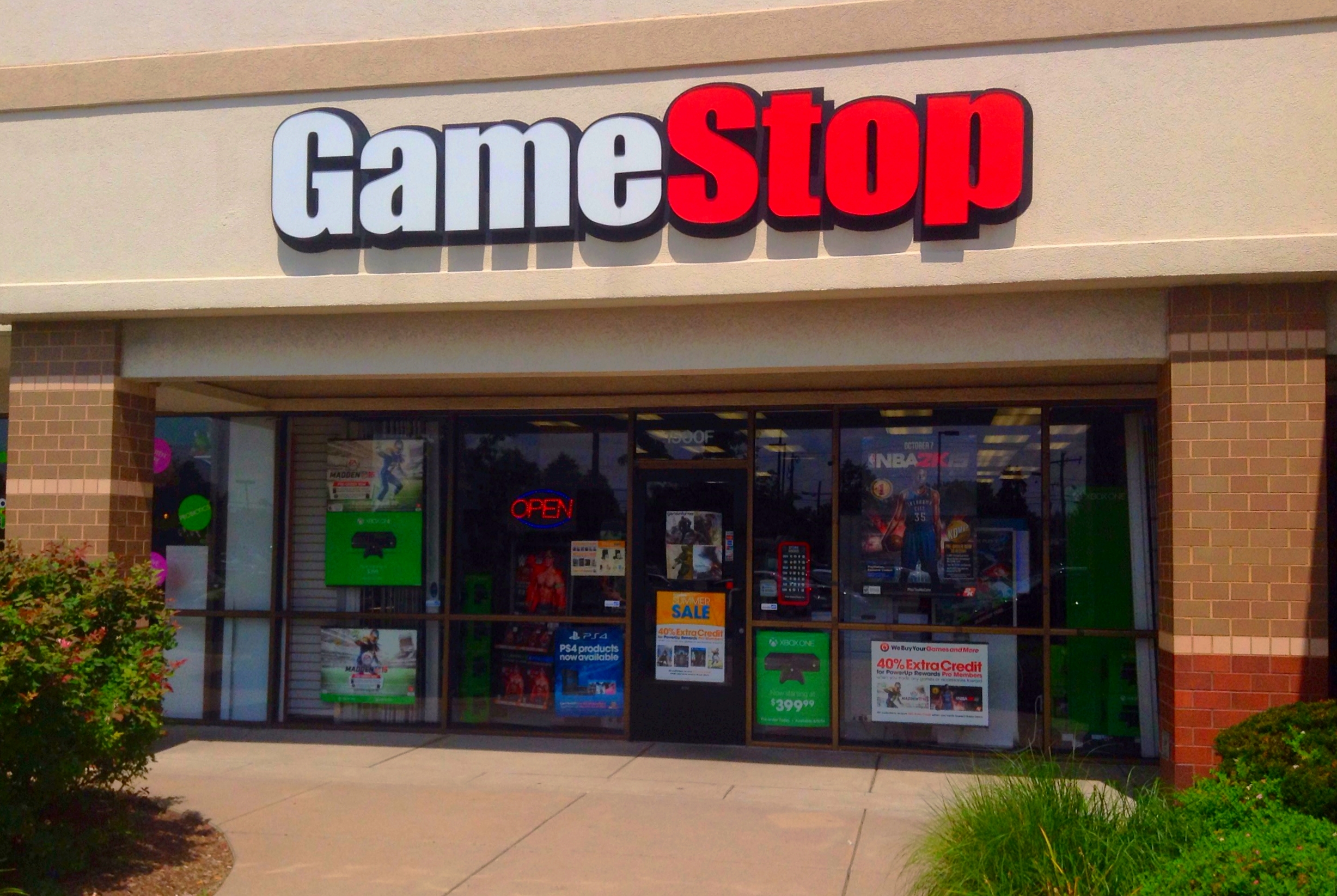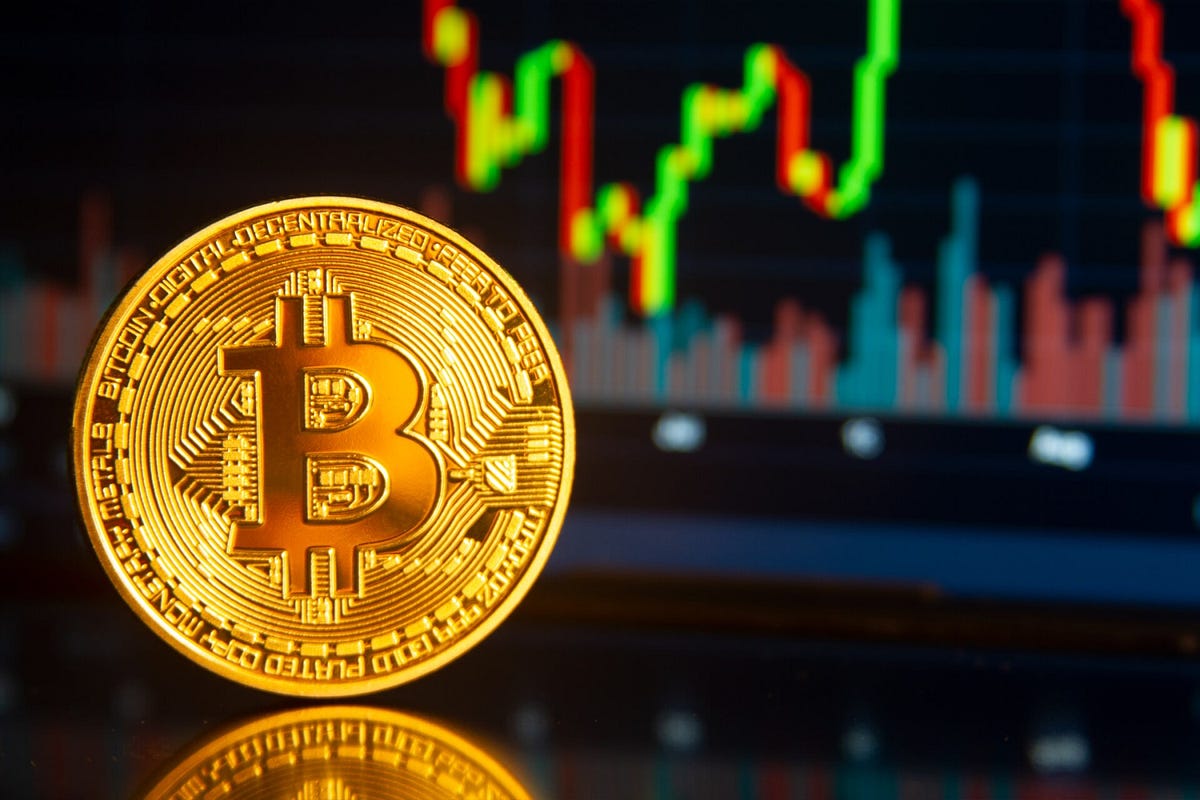World Liberty Financial (WLFI), the Trump-family-backed crypto project, is under fire after blacklisting 272 wallet addresses just days after its token launch. While the move was pitched as a security safeguard, critics say it flies in the face of crypto’s ethos of decentralization and financial freedom.
Why the Blacklisting Happened
WLFI’s pseudonymous security advisor, Ogle, a seasoned cybercrime investigator credited with helping recover over $400 million from major DeFi hacks, laid out the reasoning in a conversation with TheStreet Roundtable.
According to Ogle, some flagged wallets were tied to Tornado Cash usage and sanctioned entities:
“You can’t expect a project associated with the President of the United States of America is going to be doing that,” he said.
The breakdown from WLFI’s own thread:
215 wallets (79%) linked to an ongoing phishing attack, flagged to stop hackers from draining funds.
50 wallets (18%) voluntarily reported by users as compromised.
The rest tied to “malicious or high-risk activity.”
WLFI insists the actions were taken to protect users, not punish them:
The Justin Sun Factor
The controversy boiled over when Justin Sun—who invested $75 million into WLFI in 2024—claimed his allocation was frozen after a $9 million transfer was flagged.
Sun fired back on X, calling the freeze “unreasonable” and insisting his transactions were merely exchange deposit tests and dispersion, not sales. He argued that tokens should remain “sacred and inviolable.”
His very public backlash fuelled a wider debate about decentralization vs. compliance tools, and whether WLFI was walking back its own stated mission.
The Trump Paradox: Debanking vs. Blacklisting
The optics are complicated. WLFI brands itself as a project “breaking barriers for the unbanked,” while co-founder Eric Trump has repeatedly attacked traditional banks for “debanking” his family.
Now, WLFI critics say the project is engaging in the same exclusionary behaviour—just in Web3 form.
Polygon developer Bruno Skvorc, whose address was blacklisted, slammed the project:
“This is the new age mafia. There is no one to complain to, no one to argue with, no one to sue.”
He later revealed the compliance triggers behind his freeze: a 40 ETH Tornado Cash transaction, indirect links to sanctioned exchanges Garantex and Netex24, and interaction with a flagged dashboard.
Key Takeaways for the Crypto Community
Security vs. Freedom: WLFI is positioning blacklisting as user protection, but critics see it as centralization dressed up in compliance.
Political Branding: With the Trump name directly tied, WLFI faces heightened scrutiny—especially on issues of censorship and control.
Investor Risk: If a major backer like Justin Sun isn’t safe from wallet freezes, smaller holders are asking: Who’s next?
Regulatory Pressure: Expect more projects, especially politically tied ones, to lean toward AML and sanctions enforcement, even at the cost of alienating hardcore decentralists.
For now, WLFI finds itself in the center of a growing storm: caught between the demands of compliance in a regulated world and the crypto-native values of autonomy and permission lessens.








